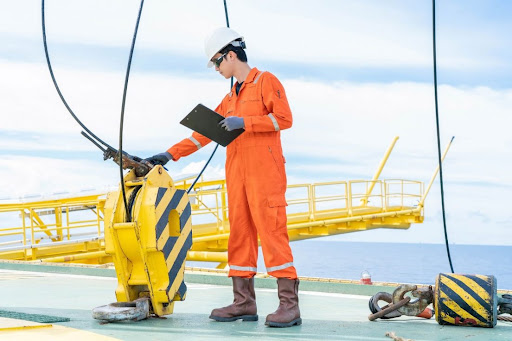 If your business uses cranes for any reason, then this heavy equipment needs routine evaluation to ensure the safety of your staff. But, how often do you need to invest in crane inspection? Keep reading for insight from the experts at Integrity Crane And Hoist.
If your business uses cranes for any reason, then this heavy equipment needs routine evaluation to ensure the safety of your staff. But, how often do you need to invest in crane inspection? Keep reading for insight from the experts at Integrity Crane And Hoist.
Q: What are some reasons that my overhead crane equipment needs an assessment?
Integrity Crane And Hoist: First and foremost, maintaining your heavy equipment is one of the best ways to ensure the safety of your staff. Furthermore, ANSI B30 and OSHA 1910 codes both require that safety inspections and repairs are taken care of. Another reason that you might choose to undergo crane inspection services is to prevent downtime caused by worn or faulty equipment.
Q: How often should I request crane inspection?
Integrity Crane And Hoist: Ideally, your crane operators or shift managers are performing a daily visual inspection before equipment is used. Your crane and hoist equipment should also be inspected monthly by qualified individuals on your staff. A monthly, quarterly, or yearly hands-on inspection should also take place; the more your equipment is used, the more frequently it should be inspected.
Q: Are there specific qualifications to perform a crane inspection?
Integrity Crane And Hoist: Your daily inspector should be intimately knowledgeable in the operation and safety of the equipment. More in-depth hoist and crane inspections should only be performed by qualified persons with no less than 2000 hours of verifiable training. This is required by CMAA spec 70.
Q: When should a load test be performed?
Integrity Crane And Hoist: The two main times when a load test would be warranted are at installation and any time your overhead crane system is modified, relocated, repaired, or dismantled for any reason.
Q: Should I have my crane runway looked at at the time of inspection?
Integrity Crane And Hoist: Yes. Both your crane runways and monorails require annual inspection. Keep in mind here, however, that this is also a thorough process, so you should schedule plenty of time for this to take place on top of your primary crane inspection. These systems must be gone through with a fine-tooth comb to confirm that the condition of all of the moving parts and hardware is safe for your employees.
Integrity Crane And Hoist further explains that all inspections must be documented. This includes keeping detailed reports of all components of each hoisting crane system within your organization.
Contact Integrity Crane And Hoist today for more information on how to create a safer working environment for your staff.